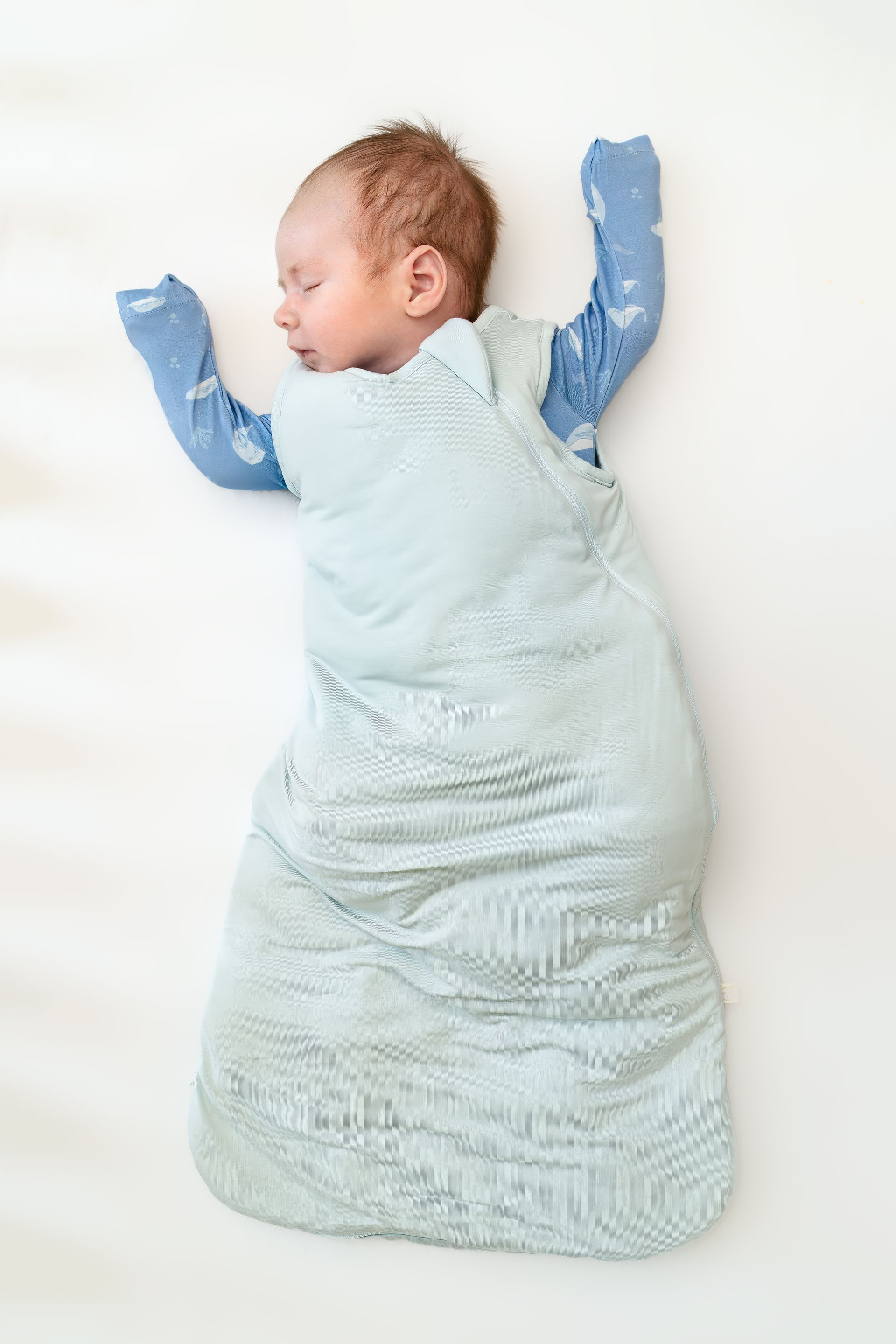Secrets to Navigating Jet Lag
Or why I can still travel with my kids
Written by Lamis Benjelloun
I do a fair bit of traveling with my children given that we are expatriates (my son was just about 6 weeks old when he got on his first plane ride) so figuring out jet lag was key to my sanity. And despite the pandemic, the holiday season approaching means that some families may be planning some trips so I thought we could chat about how to get over or survive the resulting jet lag as it is one of the main reasons parents may choose not to travel with their babes.
What is Jet Lag and what is the Circadian Clock
Jet lag is probably the most common sleep disorder. As we travel across different time zones, an imbalance occurs in our internal clock also known as Circadian Rhythms. These rhythms are cycles of 24 hours that govern our body’s daily functioning. Exposure to sunlight triggers a number of changes in levels of hormones, body temperatures and other biological conditions that help determine when we sleep and when we wake up. As you can imagine, when we find ourselves in a different time zone, the adjustment necessary causes our clock to be slow to catch up. This means that for the first few days in our new destination, our bodies still think we are in our old time zone and function accordingly, telling us to sleep when its not necessarily time to sleep and wake up when its probably still night time. Fortunately, the clock does end up catching up with us eventually!
West is Best, East is a Beast
Not all travel is equal and not all jet lag is equal. The severity of your jet lag and how quickly you get over it depend on which direction you are traveling as well as how many time zones you are crossing. The saying goes west is best, east is a beast. Eastward travel means you end up having to go to bed earlier than you are used to, which is usually difficult as you may not have built enough sleep pressure or be ready to do so. When we travel westward however, we end up having to sleep later than our usual bedtime, which is a much easier thing to do (Am I right?).
Preparing for the storm
Ok, with all this information, how can you prepare your child for a trip to minimize their jet lag and avoid having to start your day at 4 am for the entire duration of your trip? You guessed it! The answer depends on how many time zones you are traveling across and ultimately, your own personality type.
Method 1 : The planners
If planning is an important part of your trip, and you will only be crossing one or two time zones, then you can prepare for the time change before you even leave home. Adjust bedtime, wake up time and the subsequent nap start times by 15 to 30 minutes every day until you are functioning on your destination time zone.
Here is an example of what I mean for the case of traveling to a destination that is T+1 hour from your time zone.
4 Days before the trip Wake up: 7 am Nap at 1 pm Bedtime at 7 pm 3 Days before the trip Wake up at 7:30 am Nap at 1:30 pm Bedtime at 7:30 pm 2 Days before the trip Wake up at 7:30 am Nap at 1:30 pm Bedtime at 7:30 pm 1 Days before the trip Wake up at 8:00 am Nap at 2:00 pm Bedtime at 8:00 pm
You are now operating at the same time as your destination and can now travel without worrying about jet lag. As I said, this works particularly well for short time zone changes of 1 or 2 hours.
Method 2 : The procrastinators
If you are like me and prefer to deal with things at the last possible minute, this method is for you! This method is also for you if you are traveling across multiple time zones making adjustments ahead of time more difficult. You have to do 2 things to help your baby’s body (and yours) along:
- Immediately adopt the new time zone: change your clock while you are still on the plane and go to bed at an acceptable bedtime according to your destination’s time. This will help you adapt faster to the new timetable.
- Expose your body to sunlight as soon as the day starts. Open the curtains, go outside, get some sun and fresh air. This will help reset your circadian rhythms and tell them that it is time to get the party started!
Embrace the storm
The second method will take a couple of days to help your rhythms catch up with your new time. In the meantime, I want you to accept that the first few nights will be difficult for both you and your children. Try to keep them in bed as long as possible but understand that the first few days might mean earlier than usual wake ups. I want you to also embrace the jet lag. Jet lag does not necessarily equal earlier wake ups, sometimes, your children will wake up later than usual (Yay!). My first born is a lark : he always wakes up early and at the same time no matter what time he goes to bed. The only times he ever sleeps in is when our family is traveling and he is jetlagged.
The catch up game
So while you and your kiddos may feel a little out of sorts for a few days, allowing your circadian rhythms to adapt as quickly as possible to the new time zone (either by prepping ahead of time or adopting the new zone upon arrival) will help your rhythms catch up with you.
Do you travel often with your children? How was your experience with Jet Lag and how do you get over it?





